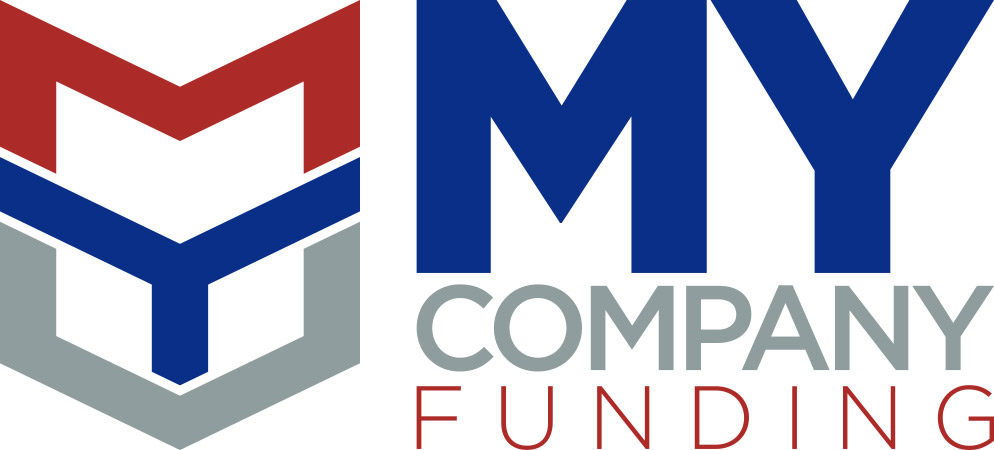
Sometimes the most effective manner of planning works backwards. Applying for a
small business loan falls into this category. If you know all the reasons a financial lender might say no to your loan application, you can address those areas before applying so that you get the yes you need.
Reasons Banks Say No
There are many reasons why banks say no to a business loan. Some you cannot workaround. Some you can do something about immediately. Here’s a list of the overarching reasons.
- Your business or personal credit score is too low
- Lack of credit history
- Too short a span of time in business
- Business in a high-risk industry
- Insufficient collateral or the wrong type of collateral
- Non-existent or too high debt utilization
- Undocumented cash flow or spotty or irregular cash flow
- The requested loan amount is too small for the bank
- Incorrectly completed or incomplete loan application
- Lacks a business plan or plan is incomplete
- Lacks detailed budget for expenditures from loan proceeds
- Too many credit card and loan applications
- Failed to target the right financial lenders
- Lack of preparedness
- Lack of enthusiasm
- Failed to seek expert advice such as that of a financial planner or certified public accountant (CPA).
Pre-planning to Get a Yes
Let’s face it. You cannot do much to change the industry in which you work or how long
your business has existed. Your business exists and you need funding for it. A high-risk industry business can turn to angel investors, venture capitalists and specialized lenders for help obtaining funding.

You can address all of the items related to your business or personal credit history, the care with which you complete the loan application and its accompanying materials. You can target the right lenders, the financial advisement you obtain. And you can change your enthusiasm during
the loan process, especially the interview component.
You can turn to the Service Corps of Retired Executives (SCORE) for advisement. The SCORE organization founded by the Small Business Administration provides free business mentors. The mentoring service is comprised of retired businesspeople.
For new businesses, you may just need to wait until you have been open for at least six months and bringing in regular business. You also need to make sure that the vendors you use report to the credit bureaus so you can build your credit history. Calculate your cash flow on at least a quarterly, preferably a monthly, basis. Keep great records.
Before you apply for a loan, check your own credit. When you obtain your credit history and credit score, it incurs no hit to your score. That only occurs when someone else checks it. So, prepare yourself for your loan application by checking both scores. Check your personal score with all three major credit bureaus – Equifax, Experian and TransUnion. Check your business score with Dun and Bradstreet.
Learn more about how to plan for your business and the ins and outs of business financing at
My Company Funding. Contact us today to learn more.

